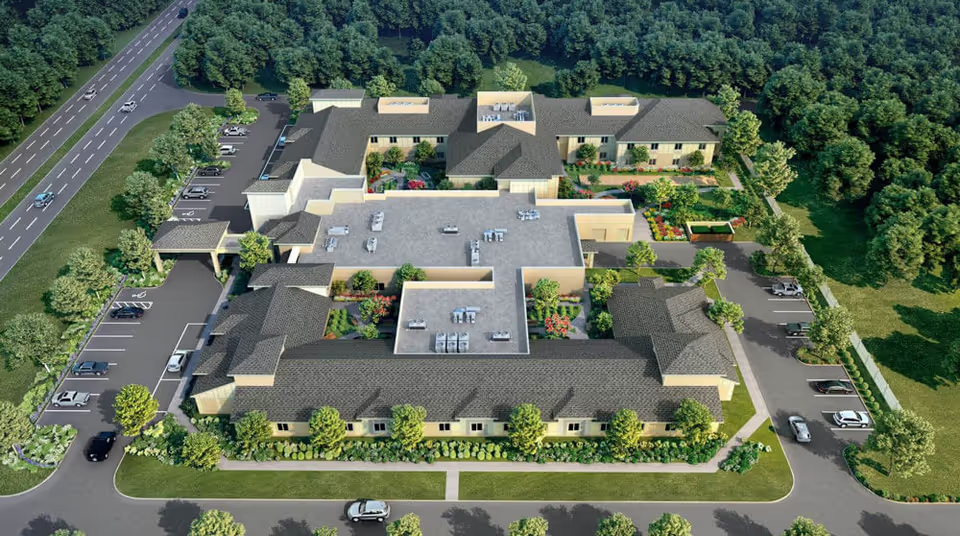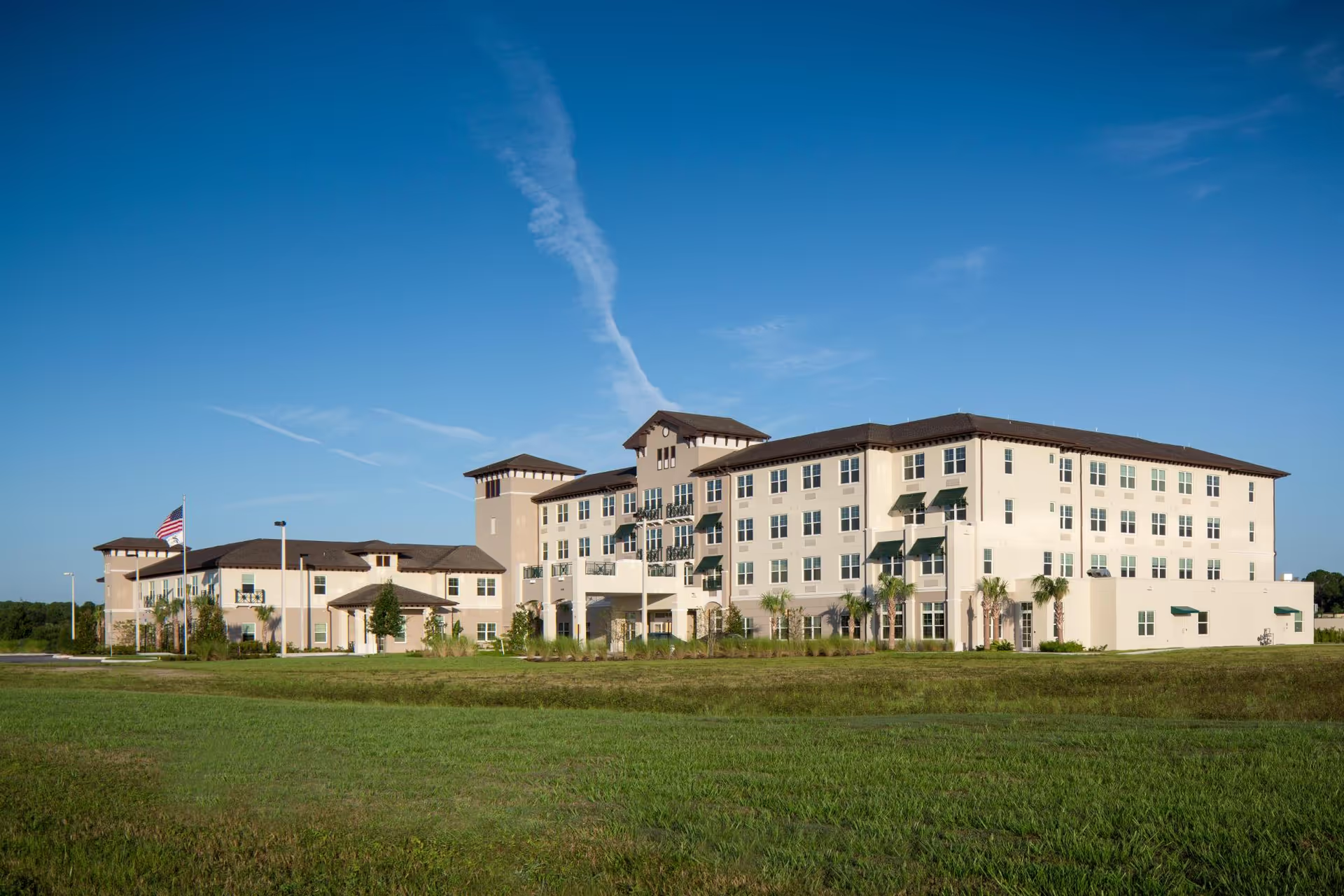Overall sentiment: The reviews for Ivy Springs at Buford are predominantly positive with repeated praise for the staff, facility condition, activities program, and perceived value — but they are tempered by a concerning number of reports about inconsistent communication, clinical safety issues, and management or financial problems. Most reviewers highlight that the community is new, clean and resort-like, with staff who are warm, caring and often described as going above and beyond. Many families said move-in was smooth and expedited by staff members, and numerous reviewers explicitly recommended Ivy Springs as a top choice or said their loved one now 'calls this home.' At the same time, a cluster of serious negative incidents — including medication errors, a fall with delayed consequences, and reports of resident deterioration — introduces an important cautionary note that should not be ignored.
Care quality and staff: The most recurrent positive theme is the caregiving team. Reviewers consistently use words like caring, attentive, loving, and professional to describe nurses, caregivers, and specific staff members (named individuals appear in several positive reviews). Families frequently praised med tech updates, follow-up communication, and staff who build relationships with residents. However, the caregiving experience appears uneven across shifts and time: there are multiple reports of unfriendly or neglectful staff, residents left on walkers or not assisted during activities, and at least one account of a medication administration error with severe consequences. Memory care staff are praised in several reviews for compassion and safety, but other reviews describe memory care as traumatic and misaligned with resident needs. This suggests strengths in staff dedication but variability in training, supervision, or staffing levels.
Facilities and amenities: Ivy Springs’ physical environment receives widespread commendation. The property is described as new (many noting it’s about a year old), spotless, hotel-like, and thoughtfully designed with large rooms available that include private baths and kitchenettes. Outdoor courtyard areas, a pleasant dining room, up-to-date technology, and a resort/holiday ambience are commonly mentioned. Some practical criticisms appear as well: studio units are described as small, certain rooms may be located far from dining and common areas, the outdoor walking area is limited in size, and some reviewers noted darker hallways. Overall, facility condition and appearance are real strengths.
Activities, social life and food: Activity programming is another strong positive: reviewers cite daily social events (ice cream socials), exercise classes, bingo, crafts, regular outings and field trips, and an active activities director. These offerings are often linked to happier, better-adjusted residents. Food and dining receive mixed assessments. Many reviewers describe good food, outstanding meals and variety, and appreciated meal service (including during COVID). Conversely, a notable minority disliked the food, cited poor taste or inadequate accommodations (especially for diabetic diets), and complained about frequent room-delivered meals limiting social dining during COVID. Prospective residents should sample meals and ask about diet accommodations.
Communication, management and operations: Reports about leadership and communication are polarized. Numerous reviewers praise accessible, caring, and receptive management and long-tenured leadership (including specific leaders praised by name). In contrast, several reviews document serious operational problems: unreturned calls, unavailable executive leadership, an unanswered emergency line, failure to notify families about hospitalizations, refusal to pay vendors, stalled repairs, billing disputes, and apparent financial or vendor-payment instability. Several reviewers describe a decline in responsiveness after management changes. These recurring themes indicate that administrative reliability is a key variable: experiences can range from excellent and hands-on leadership to concerning unresponsiveness and financial/contract issues.
Clinical and safety concerns: While many families praise nurses and clinical responsiveness, several reports raise red flags about clinical oversight and resident safety. Incidents include a medication error involving blood thinners that reviewers link to a delayed fatal brain bleed, falls and ER admissions, and concerns about worsening physical status necessitating transfers to other facilities. Another gap cited is the absence of a contracted physical therapist, which may affect rehabilitative care and recovery after illness or falls. Given these accounts, potential residents and families should specifically inquire about medication administration protocols, clinical staffing ratios, fall-prevention measures, PT and therapy services, and any record of serious incidents.
Value and fit: Many reviewers consider Ivy Springs a good value — mentioning pricing lower than some local competitors while delivering high-quality amenities and services. Yet, some also called it pricey or noted that the total cost and certain financial disputes warrant scrutiny. Fit varies by individual need: reviewers with loved ones thriving in the community highlight personalized attention, robust programming and improved quality of life. Conversely, families whose loved ones had complex medical or rehab needs, or specific dietary requirements, sometimes found the community a poor match and moved residents elsewhere.
Patterns and practical recommendations: The dominant pattern is that Ivy Springs can provide an excellent, home-like environment with dedicated staff, a strong activities program, and an attractive facility — but outcomes depend heavily on unit placement, the specific caregiving team and current management. Because experiences vary, prospective residents and families should: (1) tour multiple room types and confirm proximity to dining and activity spaces; (2) request details about clinical staffing levels, medication protocols, fall monitoring and incident history; (3) ask about therapy contracts (PT/OT) and how rehabilitative needs are handled; (4) sample meals and discuss dietary accommodations (diabetic or other specialized diets); (5) check current leadership tenure and responsiveness policy for emergencies and family communication; and (6) clarify billing, vendor/repair procedures and financial stability. Doing so will help separate the many positive, consistent strengths of Ivy Springs from the operational and clinical inconsistencies reported by a smaller but consequential group of reviewers.







